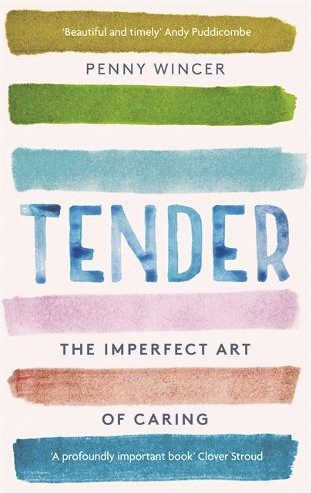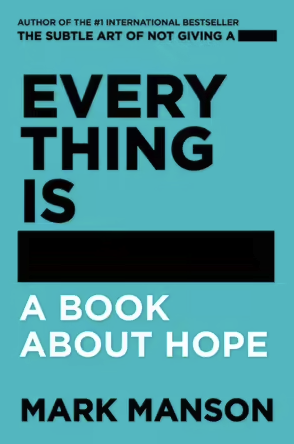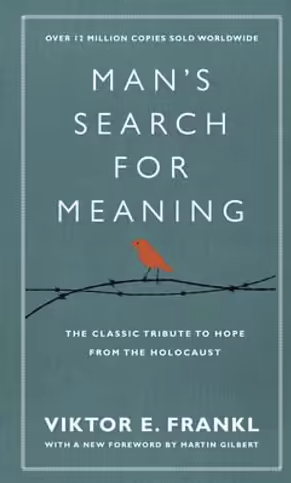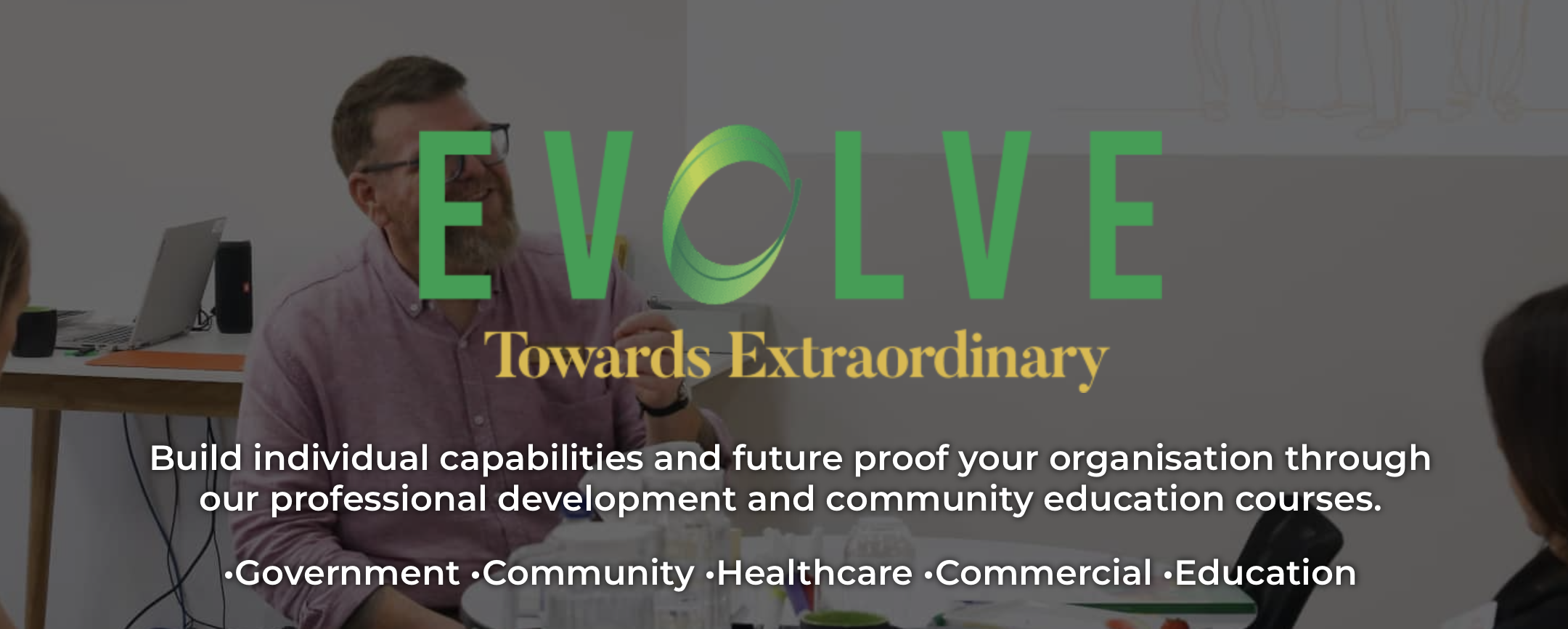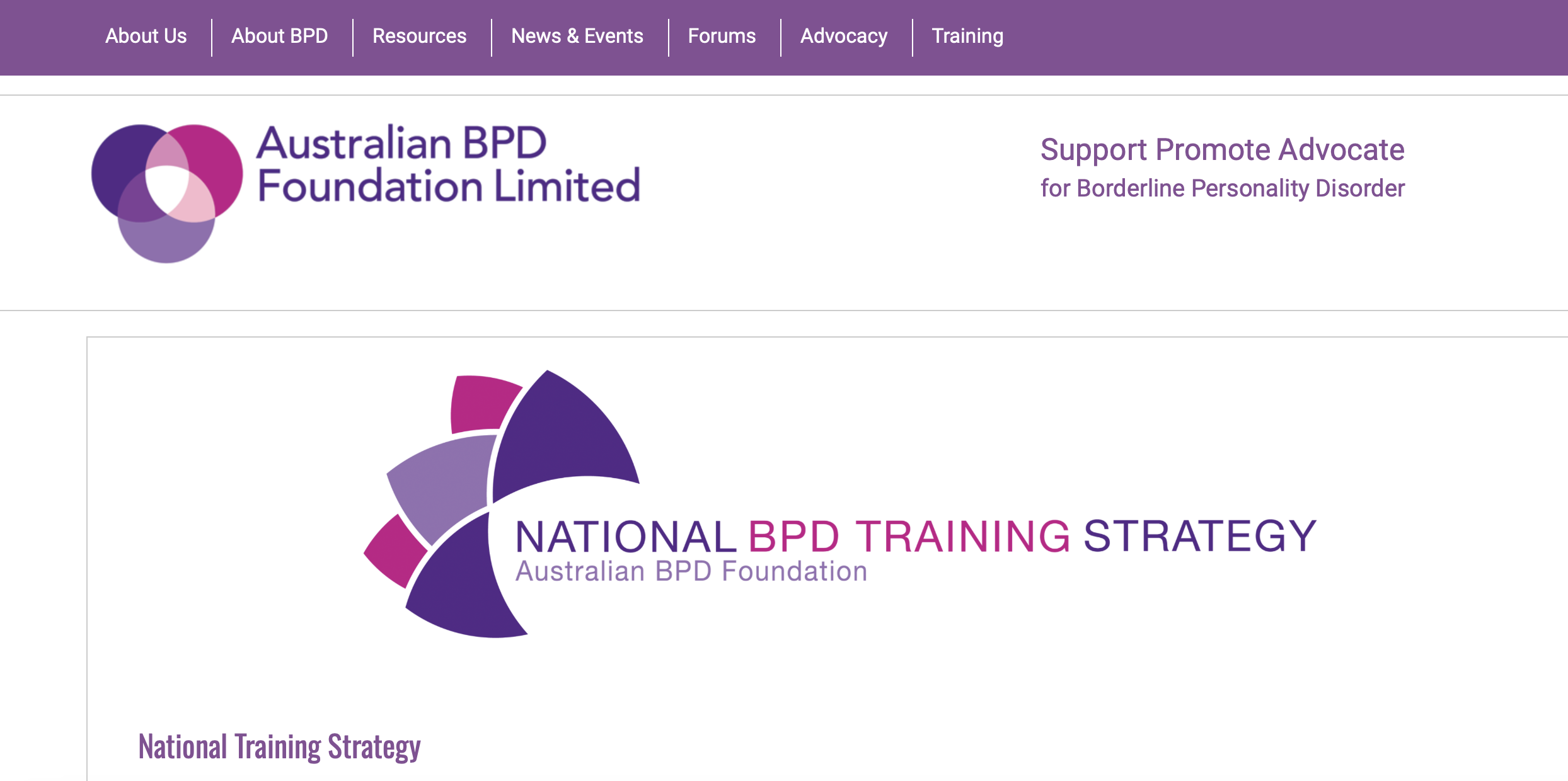NEWSLETTER
An occasional offering of inspirations, articles and sector updates for helping professionals.
FREE online articles | CPD Training | Becoming a supervisee | Engaging in Consultation Clinical Supervision
AUTUMN NOTES 2024
still standing strong and bright in the heat with a slow Autumn coming to Western Australia
Important UPCOMING TRAINING
Check out Evolve Training who offer training in the top supervision topics that more supervisees are bringing to supervision at this time.
Join in the conversation about what to do about psychosocial hazards in the workplace, learn ways to use your skills set to practice delivering difficult news to your client people and learn more about current research on resilience to enhance your personal wellbeing.
_______________________________
“Consultation” Clinical Supervision
OR Clinical Supervision ?

Unlike engaging in a regular supervisory relationship where there is an evaluative element that oversees your work, consultation supervision is engaged in on an ‘as needs’ basis. Experiences are shared, a collaborative problem solving process is utilised with guidance and tuition on specific skills development and strategies able to be sought at the request of the supervisee.
Consultation Clinical Supervision provides:
▲ Advice in specialty areas such as Mental Health, Family & Domestic Violence, Psychotherapy & Counselling, Personal Wellbeing skills development, Burn-Out prevention, Trauma-Informed Approaches, Self Awareness Development and Personal Leadership skills.
▲ Guidance and education where appropriate.
▲ Provides solution ideas to increase success and achieve specific goals.
▲ Complex case conceptualisation
▲ To individuals and organisations offering an objective perspective, guidance, making recommendations, providing tailored analysis and new perspectives to improve specific individual staff, team and management practices.
When would you use Consultation Clinical Supervision instead of engaging in regular Clinical Supervision?
Staff can choose to use consultation on an ‘as needs’ basis for a wide range of reasons including when:
- They have specific challenging situations, casework or client service delivery scenarios occuring in their work role. They can benefit from the expertise of the supervisor to be able to help them to clearly identify and correctly conceptualise problem areas, provide guidance and education for improvement where necessary.
- Are unable to access regular reflective clinical supervision.
- Can only access sporadic clinical supervision when their work demands permit.
- Their work role and career development does not require them to obtain a set number of CPD hours of supervision per year.
- Have multiple concerns and/or responsibilities that would benefit obtaining clarity from an objective perspective and access to a doable plan of action they are able to try.
- Would benefit from accessing mentoring, coaching and teaching approaches to identify and accelerate specific relevant skill building.
- Require a specific focus on only one aspect of their work role such as developing emotional intelligence skills, wellbeing practices and how to do them, a chance to practice various communication skills relevant to dealing with challenging interactions and ways to handle transitions in professional role and workplace.
- Would like to join in conversations and unpack specific topics and current trends in the helping sector such as psychosocial hazards, resilience and wellbeing practices for helping professionals and what it really means plus other specific topics that are most relevant in their current work.
To discuss your needs further contact Daphne by emailing: daphnemiddleton1@gmail.com
___________________
IT’S SPRING TIME IN WESTERN AUSTRALIA
or Kambarang in Noongar also known as the season of birth

Check out the UPCOMING TRAINING
November & December 2023
with Evolve WA Training
_____________________________
So you are thinking about getting a supervisor?

First step: PREPARE
what do I know about becoming a supervisee?
I like to think of be-coming a supervisee as a process. Until the supervisee turns up the supervisor has their personal framework they like to use and a structure for how they know they will proceed. It is what we call setting or establishing the foundation for a good supervisory relationship to proceed.
However, over the years I have come to understand that just as we would not want to have helping professionals use one size fits all with their client people, we too as supervisors would want to wait and see who turns up to the supervision endeavour. A curiosity often stirs in me as to who I shall meet today in anticipation for how we may jointly construct something meaningful and generative to support their practice.
So before you decide to turn up take a moment or several in preparation for meeting someone new and consider the following self questions. You may like to write some notes you can take with you to your new supervisor to share or use them as a springboard to building those initial conversations.
Active preparation:
My own preparations for meeting new supervisees involves looking up where they work (getting familiar with their agency’s website, history, values, current news, social media presence). You could be quite active in your preparations beginning with some online research,
Some initial research:
Who is my supervisor?
Learn a little about your supervisor such as browsing their website, professional use of their social media such as LinkedIn. Subscribe to their newsletters, check out their resources such as their library, any online articles they have written and follow any links they have included to get a feel of the content from which they will practice with you. All of this initial research can help you to learn about what they value, what they stand for, their various skills sets and whether some of who they are aligns with your own values and aspirations.
How much do I already know about what to expect?
What are my hopes and expectations for engaging in professional supervision?
What do I already know about this endeavour? and what does ‘clinical’ supervision mean anyway? [It’s always a good idea to inform yourself as much as you can before you engage in supervision. Researching some terms you are unsure about. Or refresh what you know about supervision and follow the topic online. Converse with others familiar with clinical supervision. All can equip you to bring in what you already know to your initial supervision sessions as you meet your supervisor].
Some initial self reflection questions:
What are the issues relevant RIGHT NOW in my specific work role and organisation that I wish to explore? What specifically can I get some feedback on from my supervisor about what I could do better or what I am doing already that I think works so we can find some areas I can focus on to develop my skills even further?
What were my previous experiences of supervision? How might I like to describe them to my new supervisor so they can get a feel of what worked for me, anything I found to be unhelpful and what my hopes and aspirations are for a productive and successful supervisory relationship?
Skipping this initial preparation

SUPERVISION TIP
For supervisory relationships already underway, where goals are not explicit or where benefits cannot be clearly identified, progress around skills development is lacking or something just may not feel quite right but hard to identify, it may be time to re-contract the supervisory relationship. We all change and develop at different times in our own unique ways including your supervisor.
Consider using the above preparation to back track for a bit and update your research and revise your preparation questions. Bringing your preparation into the supervision for discussion can make for a more hopeful revised working relationship and helps both parties to hit the refresh button on the supervision.
Written by Daphne Middleton, Clinical Supervisor
________________________
Are you aware of these fabulous online resources? if not CLICK on the image and add them to your tool kit.
Watch past webinars from the MHPN Webinar Library
Excellent online training modules for working with borderline personality disorder. These modules have short clips from people with lived experience. Highly recommended to inform best practice foundation for all helping practitioners.
OCTOBER 2023
Sharing with you some online links that are so relevant at this time.
Article: The lived experience of a peer practitioner
https://www.croakey.org/the-lived-experience-of-a-peer-practitioner/

“There are so many reasons why I value this piece. So many topics that clinical supervision provides us with an opportunity to thoroughly explore some of these topics to add to the practitioner toolkit. We discuss ways to utilise lived experience beyond self disclosure, exploring symptoms with the client person that affects the WHOLE person not only the mind (exploring the psychosocial realm) and, the powerful effects of collaborative care and ways to create a safe space in which both client person and their peer practitioner can support self discovery and explore relevant mental health subjects” Daphne Middleton
Article: Human rights careers

“This is about refreshing the skills you need for advocacy. Increasingly we are discussing how these ten skills can be used and developed in specific case scenarios and as part of any helping practitioner role”. Daphne Middleton
PDF-Download: Human Rights Careers-Advocacy skills
Article: How does ageism impact young people too
https://www.ageism.org/how-does-ageism-impact-young-people-too/

“The very real impacts that younger adults can experience because of their age and stereotyping when acting in leadership roles. We open space in supervision to talk about this experience. We generate ideas for determining next actions toward self empowerment”. Daphne Middleton
AUGUST 2023
Reading recommendations at this time in Australian history are vital and I am increasingly being asked what to read. Here are my recommendations that help develop your understanding of our First Nation’s People (or Aboriginal culture) with a guiding quote by permaculturalist and author, Hannah Maloney:
Later this year (2023) Australia we’ll be asked to vote in a referendum on whether we should change our constitution to enshrine a First Nations Voice to Parliament. This is a moment not to be underestimated, rather a moment to join in on, a moment to get deeply educated on, to shine a light on, to embrace and to celebrate because, if successful it will be a mighty move towards a more inclusive and just country.
I invite you to bring into your supervision your interest and curiosity about ways of working to support First Nations People!
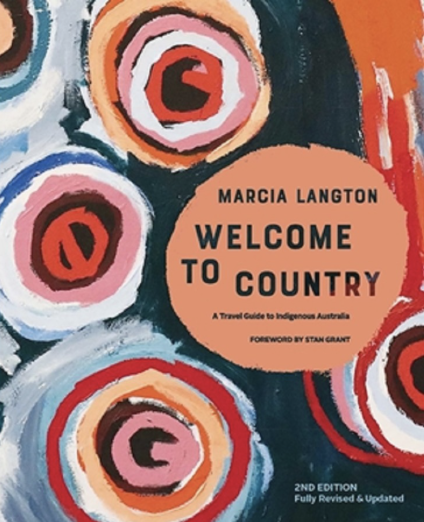
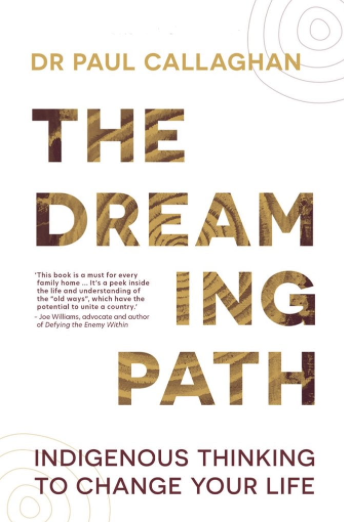



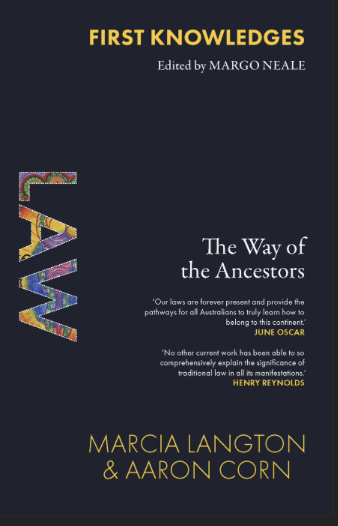
June 2023
Some recommended reading
“Tender’, ‘Everything is…A Book about Hope’, ‘Man’s Search for Meaning’: Inspired by the topic of how we make sense of our helping work and how to keep inspired when all can seem so bleak in the helping sector.
‘Visual Thinking’-a book that can help with acceptance and learning about diversity of people’s minds which I am all for.
‘Busy’ for obvious reasons!
